Mr. Van Sant, do you still take photos?
If I see something good, yes.
What might that be?
I used to take photographs just to remember people. I would take a Polaroid picture just against the wall in the light – the window was always right next to the person. I would take photos of somebody and there would be just this one photo that I would take so that I could remember them.
You couldn’t remember people otherwise?
Well we didn’t have digital photography and you couldn’t find pictures of people unless they brought them in. So when I met interesting people – not only actors but also kids like Flea or Anthony Kiedis – I would take a picture or else I’m going to have to go find a rock magazine and cut it apart to find a photo of them. Nowadays you just google them and hundreds of pictures appear. But at the time, in the ’80s, I used my camera. I used Polaroids so that I had the picture instantly; I could put it in a group and I could see how the group looked.
Is the book of portraits you published a long time ago the result of these photos?
Yes. I just started using 665 Polaroid film, which has a really nice negative that goes with it, with the idea that I could later scan the negatives and have a show. Or not scan, because you didn’t scan at the time, but blow them up and have a photography show. And then later I did have a photography show and a friend also made a book called 108 Portraits. So that was really the book made from the photographs.
How do you feel about being photographed yourself? I’ve seen pictures that Hedi Slimane took of you.
Oh yeah, the ones that were on his website? Well, those pictures are so… I think they’re bad looking.
You don’t like them? I think he has a great eye.
He’s really good. He’s a friend, so he just took those pictures over at my house. We were going on a hike. I don’t mind if he takes pictures. I don’t really mind pictures so much, but I really don’t like posing for pictures. Only because you become a part of a project, of someone’s art project. It’s harder than being interviewed.
It’s easier to be yourself in an interview than it is in a picture.
Yeah.
Unfortunately we will photograph you as well.
That’s good. I don’t mind when people take my photo. But a lot of times they go, “Can you do this, can you do that.” You have like seven different places that you’re supposed to look at and it just gets too much.
Who are the photographers that inspire you?
Eggleston is one of the big ones for me and my cinematographer. We always kind of have him in mind.
So do you use specific photographers as references for the look of a film?
When you’re planning a film you’re imagining all these fantastic things. If you’re using Metropolis or something as inspiration you see all this stuff and then by the time you get to shooting your film it looks like something different. It’s always weird how you end up losing your inspiration.
Why do you think that happens?
You have to be quite strict in order to not lose your original vision. I’m always giving in to certain things. So a lot of times it’s like, “Well, it’s going to take too long, so let’s just do it the way we normally do it.” Which is strange because you always want it to be different. So pretty much all my films look alike. They’re not super different. But mostly because we keep giving in and just going for the characters.
Speaking of characters, why does youth play such a big role in your work?
Somehow it was always the young characters that I related to the most. I remember how even when I first started I was writing stories that were set in high school. At that time, in the ’70s, there weren’t any youth-oriented films at all – except for a Disney film or something.
There must have been a few.
Okay, films like Oliver, but it wasn’t a genre that really existed. So when I was showing that script around the response was, “Well, this isn’t really a film that people make; it’s a thing people experience.”
It’s not just your stories that are often centered around youth culture, you also tend to work with young screen writers.
True. But Ben and Matt’s script, for example, was really, really good, too. I think that all three of us benefited from that collaboration even though I had already made some films. Still today if somebody asks me what films I’ve made, the only one they know is Good Will Hunting.
How did you get involved with them? It was their first script, after all.
Matt had tried out for To Die For, so I knew him and he was really good. I really wanted to use him, but I was unwilling to bend the rules of how I cast the film. He looked too much like the jock and I needed more of a dispossessed boy, which Joaquin [Phoenix] played well in the end. I wanted to use Matt so much, and I could have gone that direction, but I felt it might actually destroy the movie. So I knew him from that experience, sort of working with him, hanging out with him.
When did they approach you with the script for Good Will Hunting?
He’d written the script back then, but somehow I didn’t read it. Then it was later, like two or three years later, that a friend at Miramax gave me the script. When I read it I thought, “Wow, I’ve known about their script for three years and it’s actually really good.” So I called them right away and said, “This is good. If you want a director, I’ll do it.” But at the time they were trying to do all kinds of stuff with it. Jim Sheridan was going to direct it, then they wanted Redford to do it, Mel Gibson, and all these people. Finally they just ran out of people and I was the only one left.
Why did everybody else pass if the script was so good?
Because Matt and Ben were starring in it and all these people were like, “Yeah, but if it was Leo and Brad it would be better.”
Well, nobody knew them back then.
But they were unwilling to step down from the roles, which was smart. They had to fight, apparently really hard. So that was the thing that saved them. And I was the guy who wanted to have them. The other people I think were just a little bit on the fence.
Did you ever see the off-Broadway play “Matt and Ben” where they’re played by two girls? The script for Good Will Hunting falls from the sky while they are writing a terrible science fiction story and they just put their names on it and pretend they wrote it.
No, but I remember reading it. It would be really cool to make a film of that. It was funny. That was in the ’90s, right?
The early 2000s. How would somebody go about landing a script on your desk these days?
It depends. It just depends on… I mean I lot of times they’re just friends of friends or people who get my email address from somebody or whatever. What, have you got a script for me?
Nope, not at all.
Too bad.
Return to Top

Short Profile
Name: Gus Green Van Sant, Jr.
DOB: 24 July 1952
Place of Birth: Louisville, Kentucky, USA
Occupation: Director
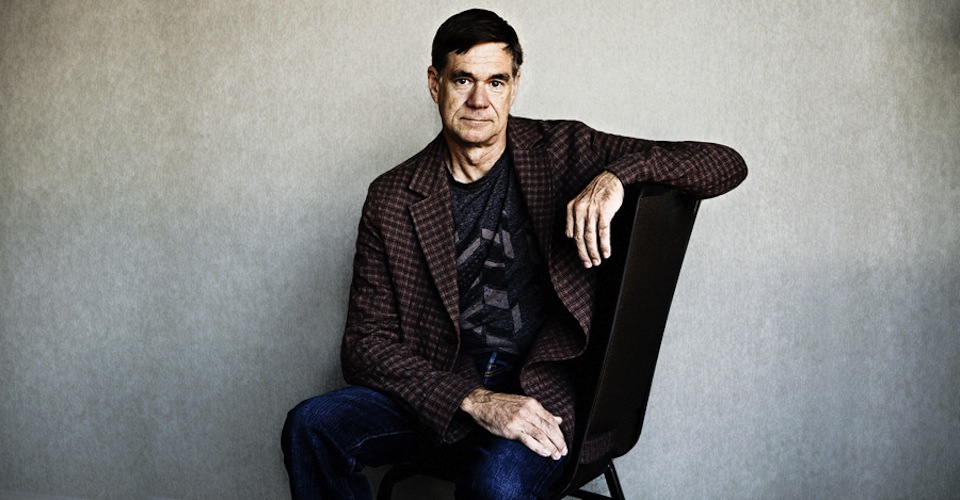
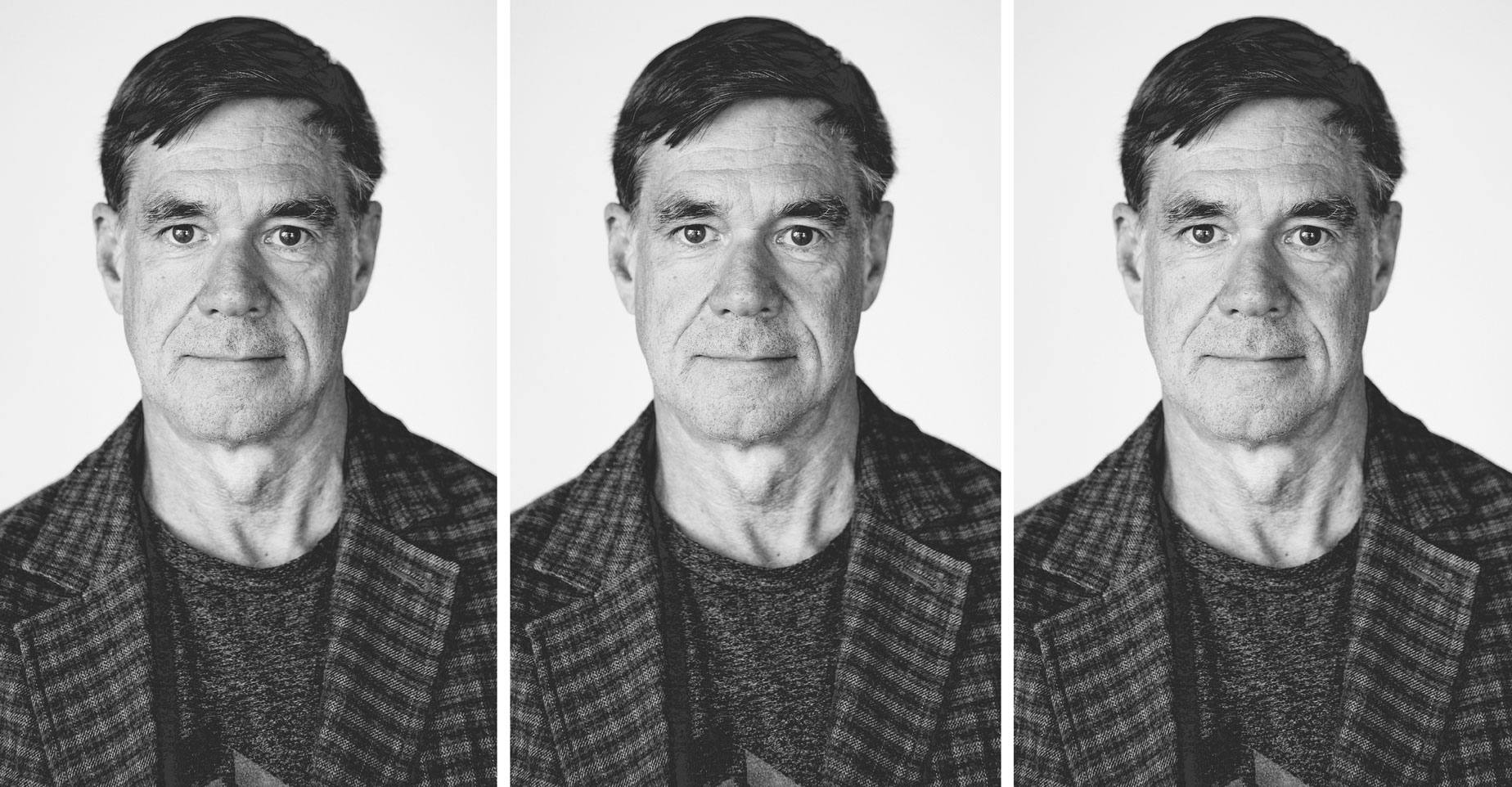
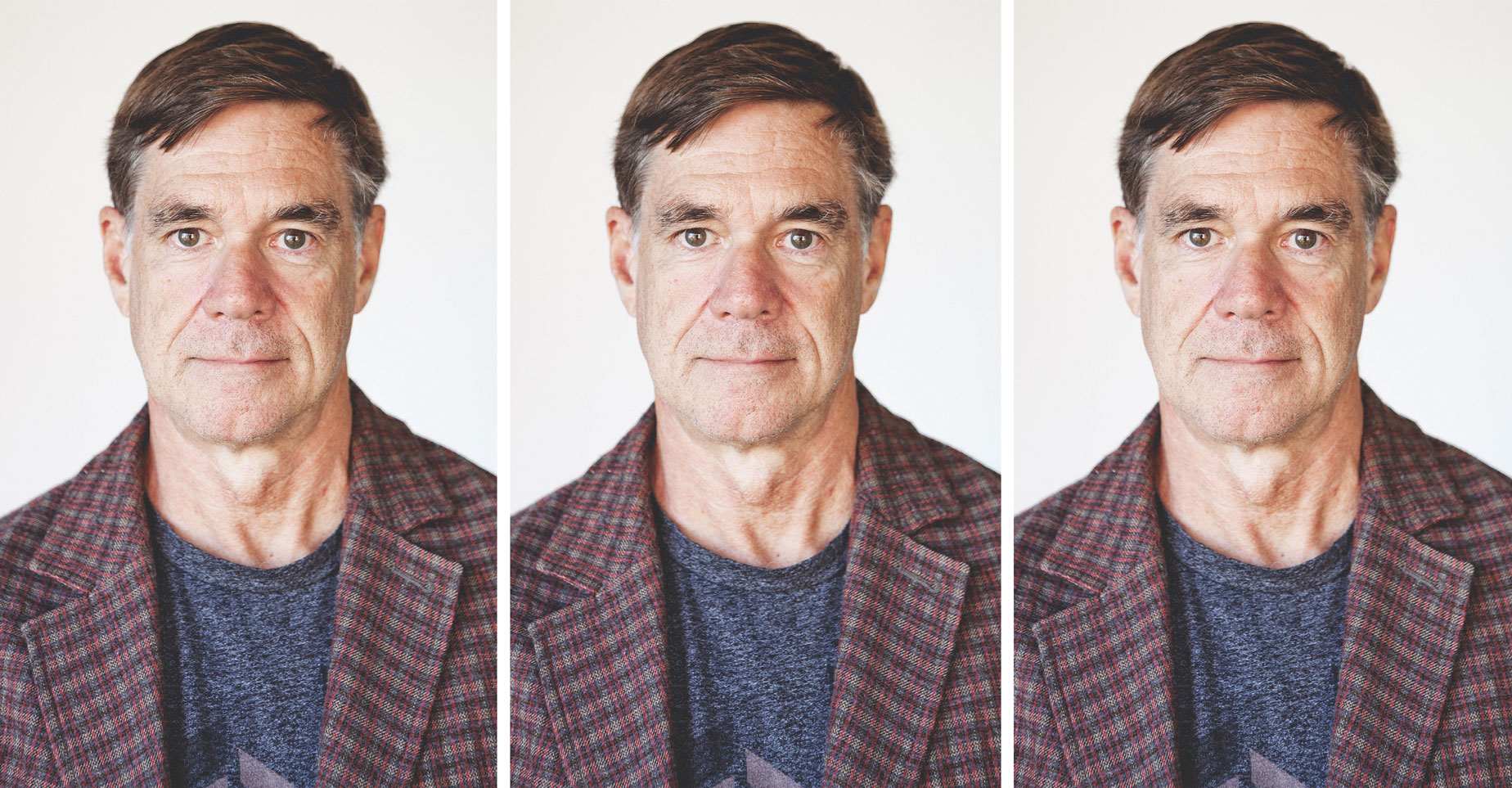
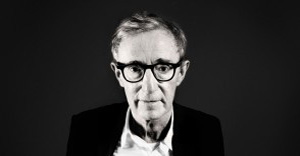
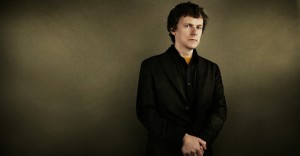
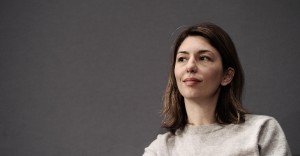

















Comments
write a comment, read comments